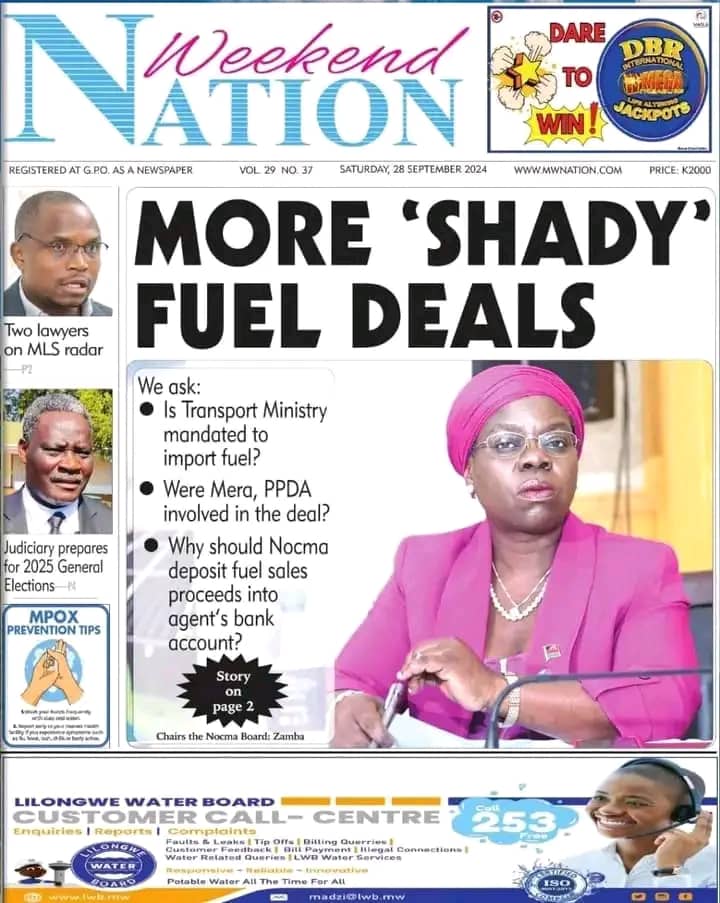By Suleman Chitera
The International Monetary Fund (IMF) has clarified its stance on the devaluation of the Malawian kwacha, stating that its policy advice is not about forcing the currency to lose value uncontrollably, but rather about transitioning to a unified, market-clearing exchange rate as part of a broader economic reform package.
In a statement issued late Wednesday, the Fund said a harmonized exchange rate would help channel foreign exchange through official platforms, making it more accessible for legitimate trade and investment. The IMF argues that such a move would also help suppress distortions and corruption associated with Malawi’s thriving illegal forex market.
“A broadly unified rate encourages foreign exchange to flow through official channels, making it more accessible for legitimate trade and investment, and simultaneously curbing the distortions and corruption fostered by the illegal market,” the statement reads.
However, the IMF acknowledged that in the absence of supporting reforms, devaluation alone could fuel inflation, encourage currency speculation, and ultimately hinder economic growth—especially in vulnerable, import-dependent economies like Malawi.
The Bretton Woods institution stressed the need for a balanced approach, calling for fiscal discipline, improved tax collection, and more efficient public spending to minimize inflationary pressures. It also urged the government to manage its debt more prudently to reduce dependence on external borrowing.
The Fund added that long-term structural reforms are necessary to diversify exports, improve the investment climate, and raise productivity. It emphasized that cushioning mechanisms like social safety nets are vital to protect vulnerable populations from the short-term impacts of these economic adjustments.
“The IMF believes this comprehensive approach will create the stable foundation needed for the success of Malawi’s Agriculture, Tourism, Mining and Manufacturing (ATMM) strategy,” the Fund said.
However, the IMF’s call for rate unification stands in contrast to the recent position of Reserve Bank of Malawi (RBM) Governor Macdonald Mafuta Mwale, who, in an interview with Times last month, said the unification of official and parallel exchange rate markets should be achieved through the elimination of the illegal forex market rather than through devaluation.
As Malawi continues to grapple with forex shortages, mounting debt, and inflationary pressures, the debate over the kwacha’s future—and how to stabilize the economy—remains heated.



